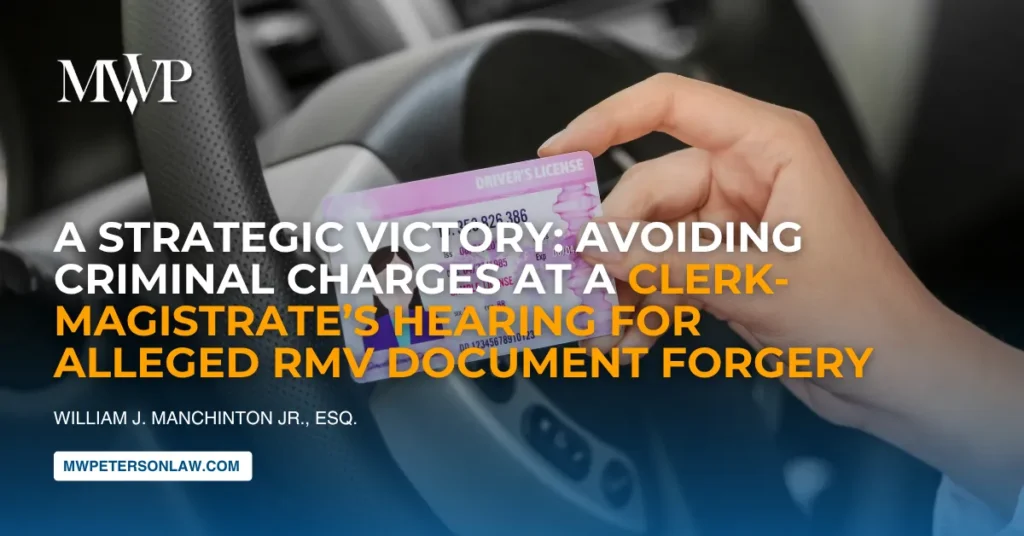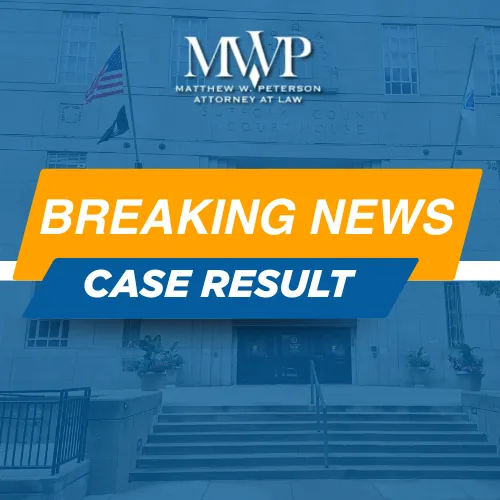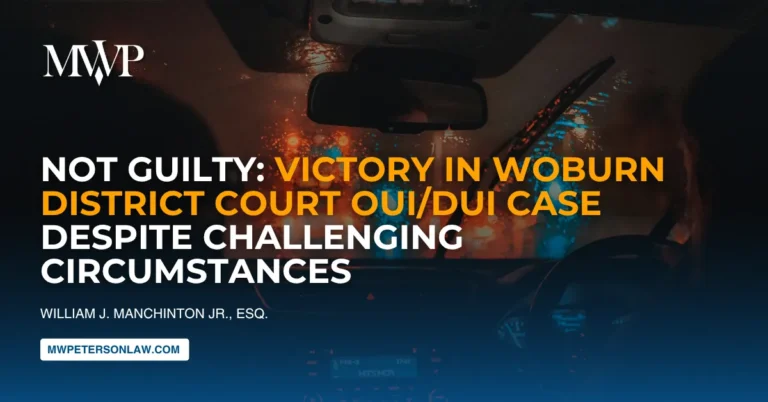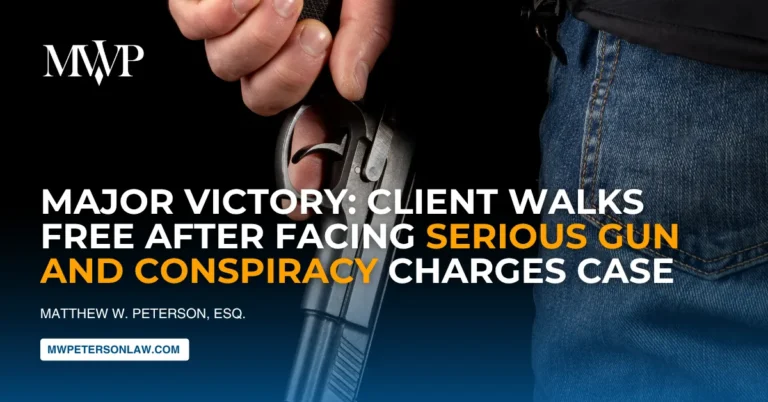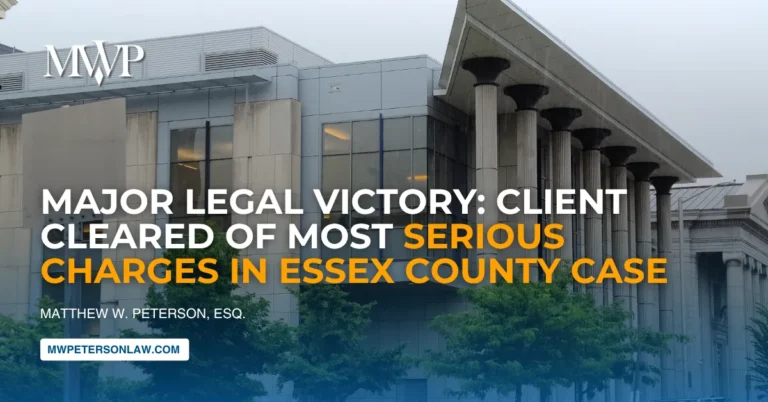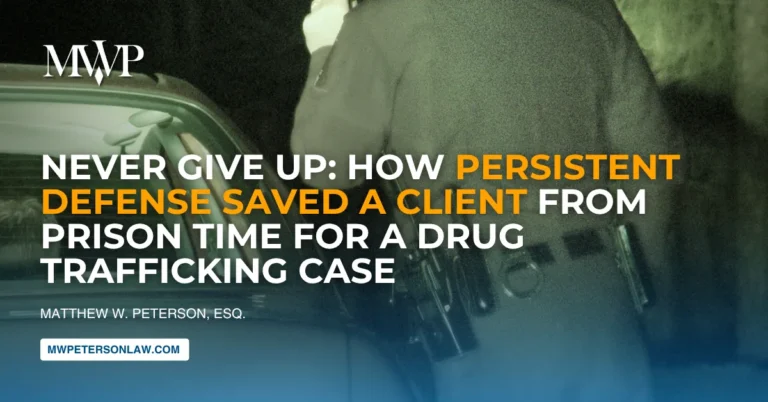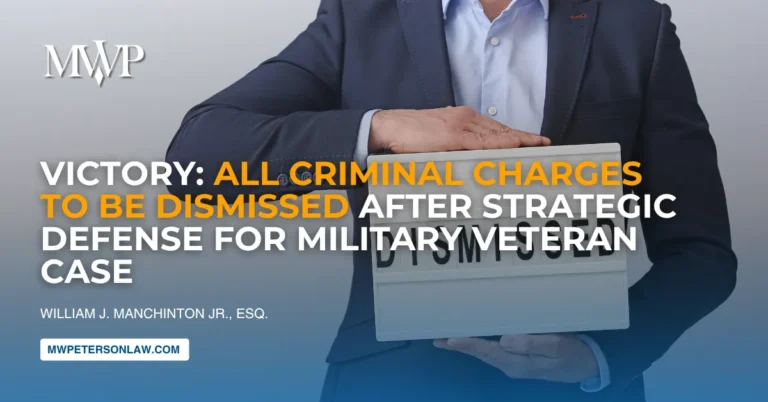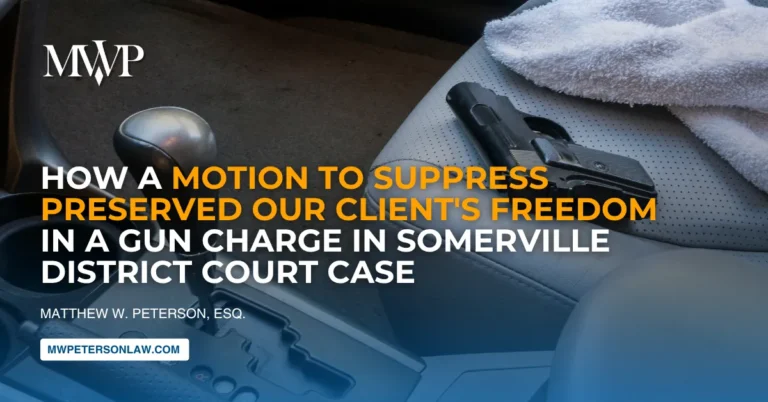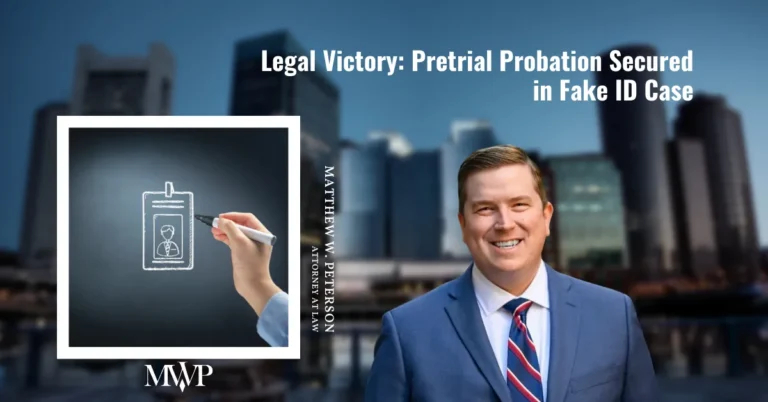The Challenge
In September 2025, our client faced a critical juncture in their life. After an incident at a local liquor store involving a confiscated fake ID, they were summoned to appear before a clerk-magistrate at Boston Municipal Court in Brighton. The application for complaint alleged a violation of M.G.L. c. 90, § 24B—Misusing or RMV Document forgery, a serious criminal offense that carries potential jail time, substantial fines, and long-lasting consequences for one’s record and future opportunities.
For young adults, especially college students and recent graduates, a criminal charge for possessing or using a fake ID can derail educational goals, jeopardize professional licenses, impact immigration status, and create barriers to employment opportunities. The stakes couldn’t have been higher.
Understanding the Clerk-Magistrate's Hearing Process
For those unfamiliar with Massachusetts criminal procedure, a clerk-magistrate’s hearing (also called a “show cause hearing“) is a crucial pre-arraignment proceeding. It’s your opportunity to prevent criminal charges from issuing in the first place. The clerk-magistrate must determine whether probable cause exists to issue a criminal complaint. However, even when probable cause exists, the clerk-magistrate has discretion to consider alternatives.
This discretion is where skilled advocacy makes all the difference.
Our Strategic Approach
We knew that simply arguing against probable cause would likely be unsuccessful—the liquor store had clear evidence of the fake ID incident. Instead, we focused on presenting our client as a whole person, not just someone who made a single poor decision.
Building a Compelling Narrative
Our preparation was meticulous. We assembled a comprehensive package that included:
- Educational Excellence: We highlighted our client’s outstanding academic record, demonstrating their commitment to education and future career goals. We showed how a criminal charge would not only punish them but would also deprive society of their potential contributions in their chosen field.
- Community Investment: We documented extensive volunteer work and charitable efforts, painting a picture of someone who regularly gives back to the community. From tutoring underprivileged youth to participating in local food drives, our client’s record of service spoke volumes about their character.
- Character References: We presented carefully selected letters from professors, community leaders, and mentors who could speak to our client’s integrity, work ethic, and positive impact on others. These weren’t generic letters; each one provided specific examples of our client’s contributions and potential.
The Hearing Strategy
At the hearing, we acknowledged the seriousness of the allegation while emphasizing that our client had already learned a valuable lesson. We argued that the goals of the criminal justice system—accountability, deterrence, and rehabilitation—could be achieved without the devastating consequences of a criminal charge.
We proposed a specific alternative: a period of supervised probation during which our client would demonstrate their commitment to lawful behavior and continued positive contributions to society.
The Outcome: A Path Forward Without Criminal Charges
The clerk-magistrate, after careful consideration, agreed with our approach. Despite finding probable cause for the complaint, they exercised their discretion to place our client on nine months of pre-complaint probation.
What This Means
Under this arrangement:
- No criminal complaint issues at this time
- Our client must remain law-abiding for nine months
- If successful, the application for the complaint will be dismissed entirely
- No criminal record will exist from this incident
- No need to disclose this on job applications, graduate school applications, or professional licensing forms that ask about criminal convictions or pending charges
This outcome represents the best possible resolution short of an outright dismissal – our client gets a second chance while being held accountable for their actions.
Lessons for Those Facing Similar Hearings
If you’re facing a clerk-magistrate’s hearing for a fake ID charge or similar offense, here are key takeaways from our success:
- Don’t Go It Alone – The clerk-magistrate’s hearing is your best opportunity to avoid criminal charges. Having experienced legal counsel who understands the process and can present your case effectively is crucial.
- Start Preparing Immediately – Begin gathering documentation of your achievements, community involvement, and character references as soon as you receive the summons. Quality preparation takes time.
- Be Proactive About Accountability – Consider starting community service or taking relevant educational courses before your hearing. Showing that you’re already taking steps to make amends can be powerful.
- Present the Complete Picture – You are more than one mistake. A comprehensive presentation of your character, achievements, and potential can make the difference between a criminal charge and a second chance.
- Consider the Long-Term Impact – A criminal charge for RMV document forgery isn’t just about potential jail time or fines – it’s about your future career, education, and opportunities. Investing in proper legal representation now can save years of consequences later.
Moving Forward
This case reinforces an important principle: the criminal justice system, at its best, can recognize the difference between someone who made an isolated mistake and someone who poses an ongoing risk to public safety. With the right advocacy, clerk-magistrates can and will exercise discretion to give deserving individuals a second chance.
Our client now has nine months to continue their positive trajectory—continuing their education, serving their community, and working toward their professional goals—all without the shadow of a criminal charge hanging over their future.
If You're Facing a Clerk-Magistrate's Hearing
Whether it’s for an alleged fake ID violation, minor in possession of alcohol, shoplifting, or another criminal allegation, remember that a summons to a clerk-magistrate’s hearing is not the end of the road, it’s an opportunity to avoid criminal charges altogether.
The key is acting quickly, preparing thoroughly, and presenting your case effectively. Every individual’s situation is unique, and what worked for our client may need to be adapted to your specific circumstances. The common thread, however, is that with skilled advocacy and proper preparation, positive outcomes are possible even in challenging situations.
If you have received a summons for a clerk-magistrate’s hearing in Massachusetts, don’t wait to seek legal counsel. The earlier you begin preparing your defense, the better positioned you’ll be to achieve a favorable outcome. Contact the Law Office of Matthew W. Peterson to discuss how we can help protect your future.

